Understanding JJ’s criss-crossed journey
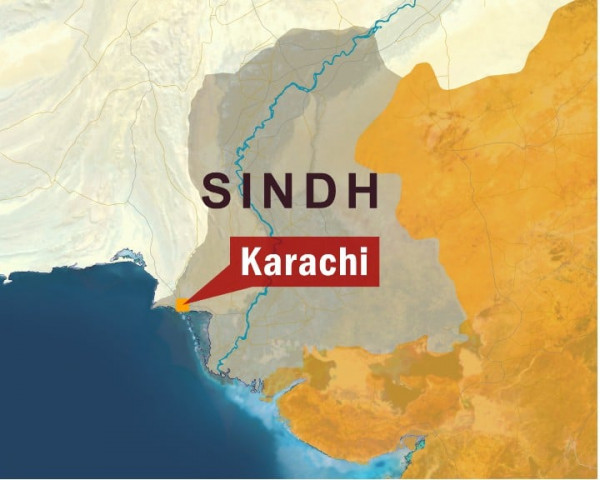
Divided into three parts, the book is the seventh in his series of publications over the past few years and comprises 85 articles and comments on national and international affairs and the media.
“Javed’s writings reflect that he has the courage and ability to change the world and fight against all odds,” commented Dr Naveed Ahmad Tahir, Director Area Study Centre for Europe at the University of Karachi.
During her speech, Dr Tahir shared her personal encounters with Jabbar and elaborated on his qualities as a writer, hinting at his ability to be both a pragmatist and an idealist at the same time.
Praising his lively and concise style of writing, she particularly mentioned his column ‘Towards a stronger, not weaker UN’ published in Dawn in March 2003 and acknowledged Jabbar’s courage to question the political credibility of the UN at the time of the Iraq war.
“...As democracy increasingly comes to be accepted as a world-wide norm, its concomitant of dialogue requires that there be available a mechanism to facilitate verbal exchanges, however innocuous or ceremonial the talk-shop becomes thought the inability to enforce justice…” Jabbar says in his article, highlighting the fact that UN is an indispensable institution and needs to be doing more to secure peace in the world.
Social scientist and professor of International Relations at University of Karachi, Dr Khalida Ghaus, also reviewed his articles on globalisation and the Muslim Ummah which, she said, reflects upon his deep understanding of foreign policy issues.
Quoting Jabbar, Dr Ghaus’ talk focused on the use of media as a political tool and the growing gap of information between the rich and the poor. “Radio had reduced the information gap for the poor but with the advent of technology and internet - that only the rich can access - this old medium is now obsolete and the poor are subsequently disconnected from what is happening around them.”
Interestingly, Dr Ishrat Hussain, Director of the Institute of Business Administration, chose to analyse Javed Jabbar’s intellectual journey through his writings in the past decade. “When Jabbar was disappointed with the state, he resigned and joined the development sector.
But then he realised that it was hard to sustain the projects he had launched and working in the sector would become difficult in the years to come so he delved into politics in order to influence public policies.”
But what he needs to understand is that his dilemma and agony will only come to an end through good governance and participatory democracy - a fact Jabbar concurred with later in his speech.
“It’s hard to explain who I am and what I really want. To tell you the truth, despite having expressed my opinions in these articles I am still trying to find myself,” said the writer.
Jabbar has written on a wide range of political issues that has earned him respect, however, his softer articles such as one on the death of Benazir Bhutto and a tribute to his mother-in-law Zinat Rashid Ahmad also reflects on the emotional side of his personality, noted Dr Tahir.
Publisher Jamshed Mirza of Royal Books Company also spoke on the occasion.
Published in The Express Tribune, June 19th, 2010.

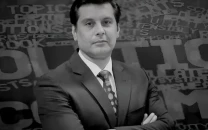
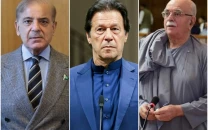
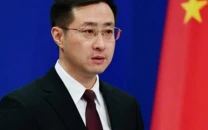
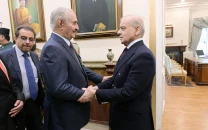
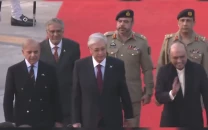
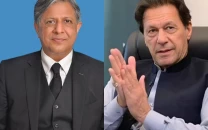












COMMENTS
Comments are moderated and generally will be posted if they are on-topic and not abusive.
For more information, please see our Comments FAQ